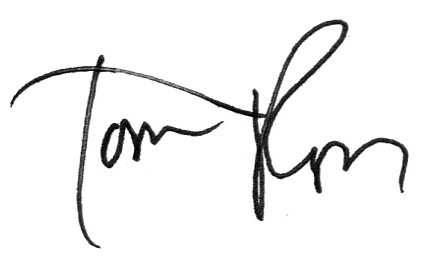Program Notes
Dear Friends,

Welcome to George Bernard Shaw’s first play, Widowers’ Houses, and to Aurora’s second production of it. Aurora’s initial production was directed by Barbara Oliver in 1997. I remember enjoying this play and production very much, so when Joy Carlin suggested directing it for us and recognizing the play’s still-relevant themes, we moved forward.
One of our founders, Dorothy Bryant, whose play Dear Master inaugurated the Aurora (and inaugurated our 25th season), served as the initial production’s dramaturg. I located Dorothy’s Program Notes and I’ve excerpted some of her ideas about the character Blanche below:
… in 1892, critics, audiences and even friends of Shaw offered Blanche as proof that he hated women and sex. What he hated was the idealized Victorian Lady, “a sham manufactured by men for men, and duly provided by the same with a bulbously overclothed ‘modesty’ more lascivious than any frank sensuality,” not the human being trapped inside her corseted body and mind. While writing this play, he tells us he served as a vestryman for the borough of St. Pancras, where he evoked nothing but salacious male giggles by repeatedly demanding public toilets for women. (Some can remember that well into our century European towns offered facilities only for men.) The creation of Blanche was, like this demand, a plea for women’s liberation, a plea that required him to mention the unmentionable -- that women had human bodily functions, just like men, and human passions, just like men. This is what makes Blanche’s unpleasant character so interesting. She displays both the selfish cruelty of the upper classes, and the passions compressed, perverted, and rendered monstrous by the pressures of her disguise as a Victorian Lady. Shaw saw the first step in liberating women as the release of the monster created by her prison. He also saw the passion, energy, and intelligence which, once freed, could fulfill a higher purpose than Blanche’s money-grabbing … or even the mystical heights of Saint Joan.
Dorothy was an ardent feminist, a clear thinker, and a passionate writer. She passed away December 21, 2017. We will miss her greatly.

Tom Ross
Artistic Director

 VIEW CALENDAR
VIEW CALENDAR